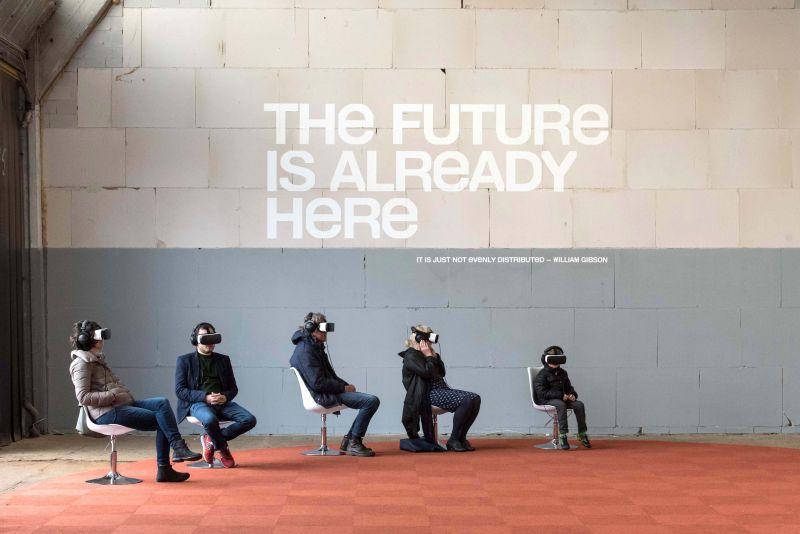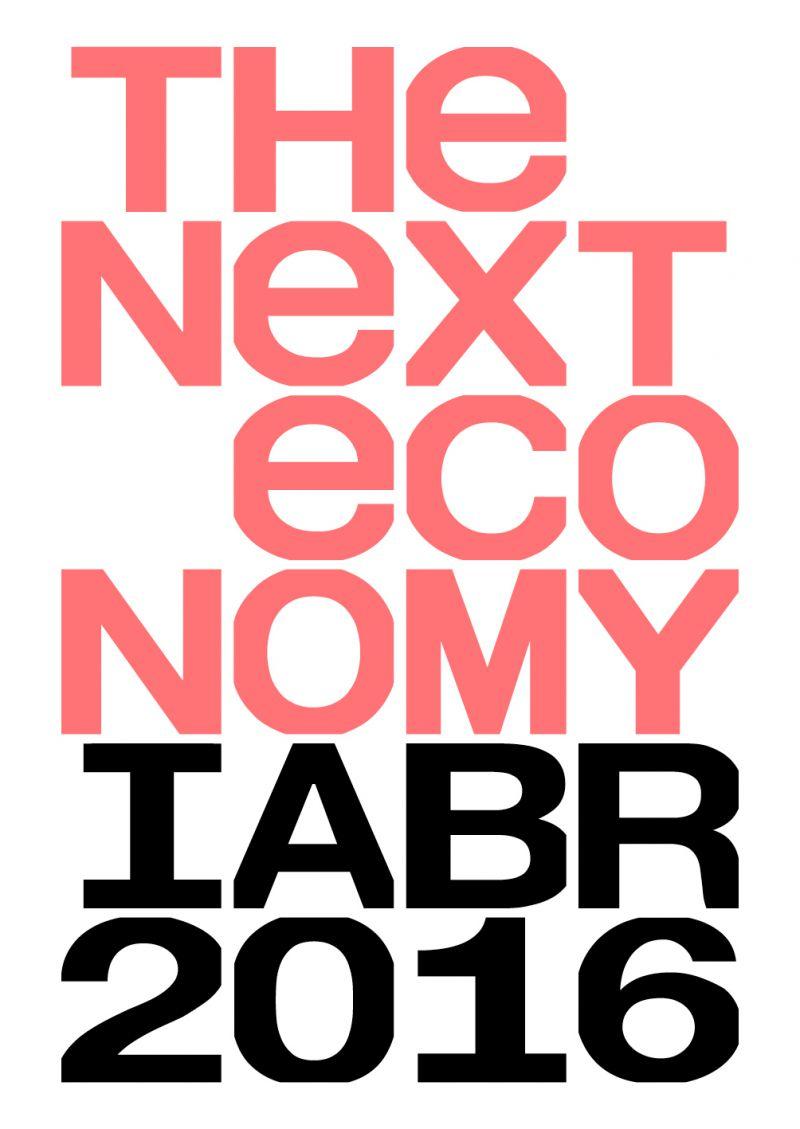The IABR–Atelier Groningen investigated how the energy transition can contribute to the regional economy and the spatial quality of the city and region. ‘The Nordic City’ shows that the integration of new energy production facilities and networks need not be detrimental to the quality of the landscape and can even enhance it, if it is carefully developed with stakeholders and designed with an eye for place, material, and detail.
Research
Atelier Groningen
2015 – 2016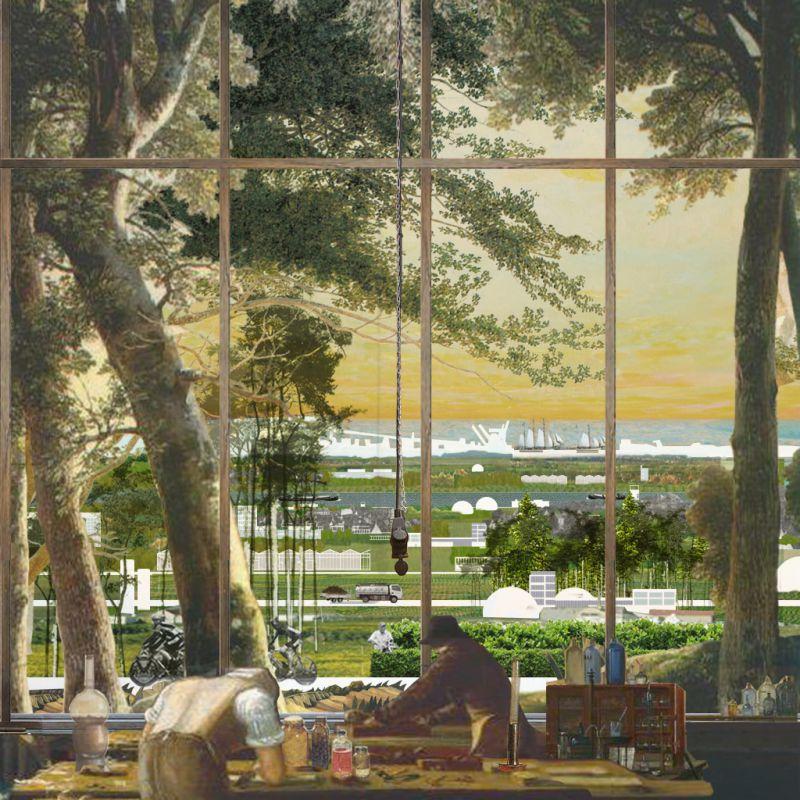
- Credits
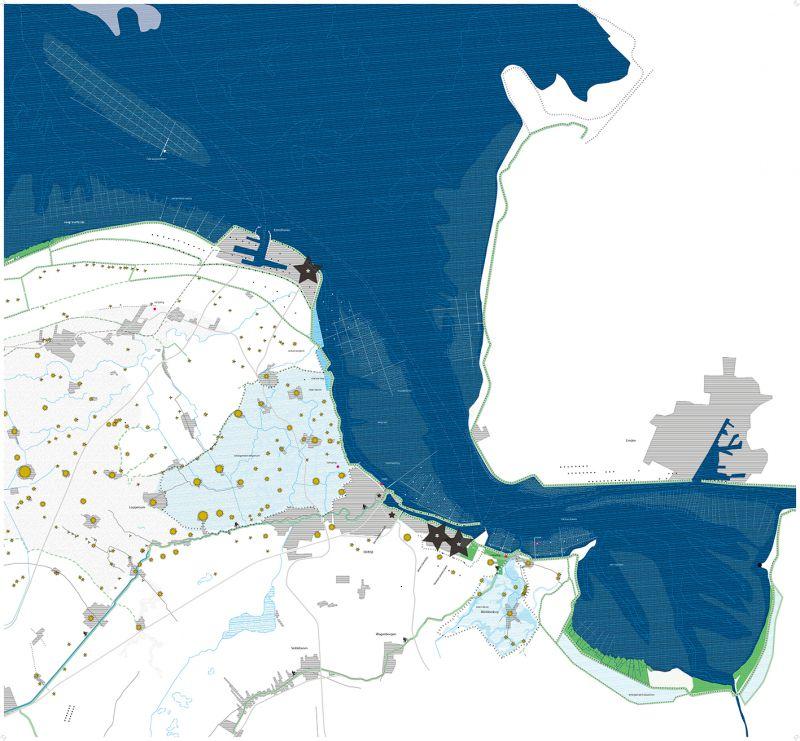
In an intensive process of research by design and exchange with experts and stakeholders from the city and region, Atelier Groningen developed four prospects: Energy Port, Biobased Economy for the North, Groningen Smart Energy City, and Sustainable and Safe Villages. The prospects are the result of a thorough exploration of the transition to renewable energy that will take place from today until 2035. By carefully considering the connections the energy sector can make with the other economic pillars of this city and region – agriculture, the chemical industry, knowledge institutions, ICT, and the construction sector – the energy transition can have a positive economic impact. By addressing the energy transition in conjunction with other spatial challenges, such as shrinkage, the quality of Groningen’s landscape can be enhanced.
The Nordic City
The Nordic City tells a story about a future that is both viable and desirable and can actually become a reality. This story puts a firm spin on the image of Groningen by highlighting the opportunities of a region that is now mostly known for its struggle with persistent problems like earthquake damage and demographic and economic shrinkage. It is a story that can rekindle the confidence necessary to draw investments to the region, to realize the energy transition, to repair the earthquake damage and turn lost ground into a head start. The Nordic City comprises proposals that are ready for implementation as well as far-reaching concepts that will take a little more time. Rather than being visionary, the story paves the way for new projects and encourages policy- and decision making. It shows that city and region can take a leading role if all parties and stakeholders involved are serious about the energy transition.
Spatial design proposals
Four promising clusters appear when the energy transition is coupled with economic development and spatial quality. The clusters bundle the economic activities that will ensure that the energy transition will take root in the city and the region of Groningen.
Energy Port: prospect for Eemshaven: center for offshore wind, biomass supply, buffering, and energy distribution.
Biobased Economy for the North: prospect for Delfzijl as a ‘green’ industrial complex and the center of the biobased activity in the region.
Groningen Smart Energy City: prospect for the Smart Energy City: the Ringstraat as a new urban environment.
Sustainable and Safe Villages: prospect for a Sustainable and Safe Onderdendam: reparation, reinforcement and greening of homes.
The results of Atelier Groningen are elaborated in the brochure The Nordic City which can be downloaded on this page.
Midsummer Meetings in Groningen
To share insights and stimulate knowledge development, Atelier Groningen organized three working meetings with and at Platform GRAS in June and July 2016. Under the direction of Lead Designer Jandirk Hoekstra (H+N+S Landschapsarchitecten), the discussions focused on the economic and spatial prospects the energy transition offers the Groningen region. A panel consisting of Wouter van Bolhuis (City of Groningen), Harrie Hoek (Eemsdelta/EZ) and Enno Zuidema (bureau EZS) attended all three sessions and summarized the findings. Participants included Anton van Hoorn (PBL Netherlands Environmental Assessment Agency), Wim van Gemert (Hanze University of Applied Sciences), Steven Volkers (GrunnegerPower), Machiel Mulder (University of Groningen), Jan Dirk Gardenier (CAB), Dirk Sijmons (TU Delft, H+N+S), Christian Zuidema (University of Groningen), and Dick Janssen (Rizoem).
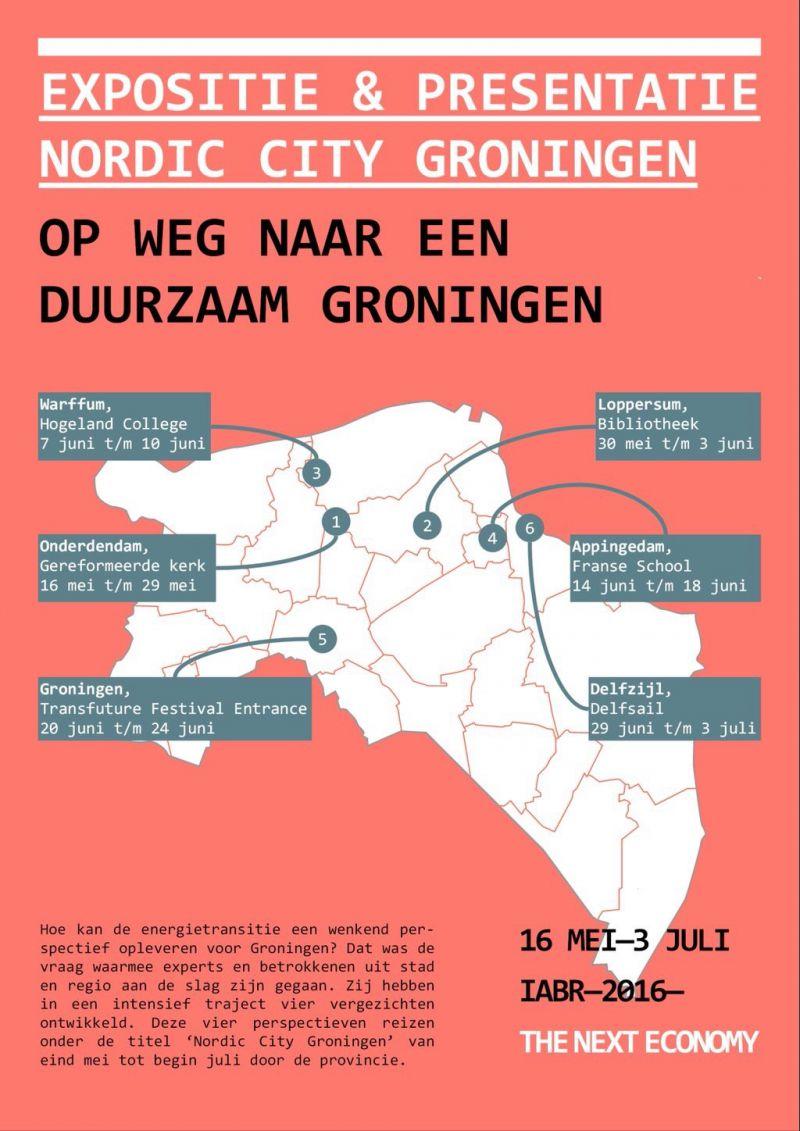
The results of Atelier Groningen were presented at the 7th Architecture Biennale Rotterdam and at various venues in the City and Province of Groningen: at Onderdendam (16 to 29 May, Gereformeerde Kerk), Loppersum (30 May to 3 June, De Bibliotheek), Warffum (6 to 10 June, Hogeland College), Appingedam (13 to 18 June, Franse School), Groningen (20 to 24 June, Transfuture Festival Entrance) and Delfzijl (29 June to 3 July, Delfsail).
